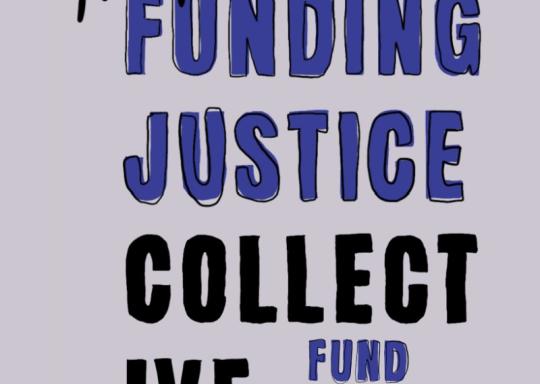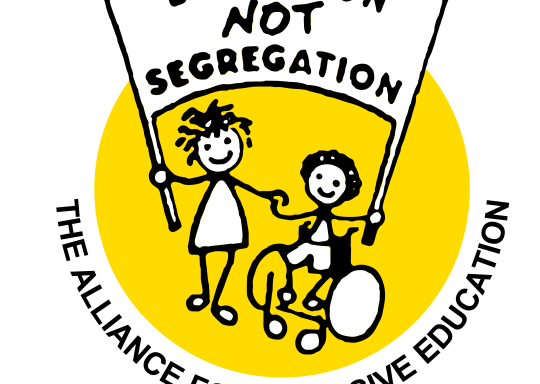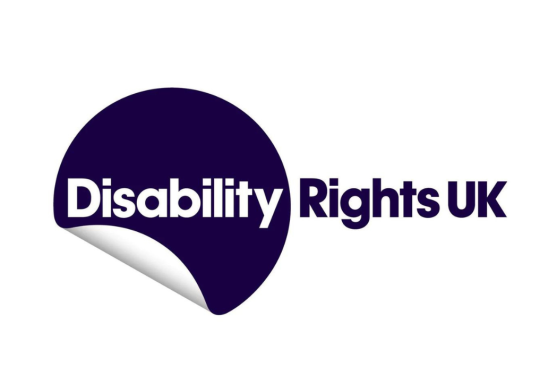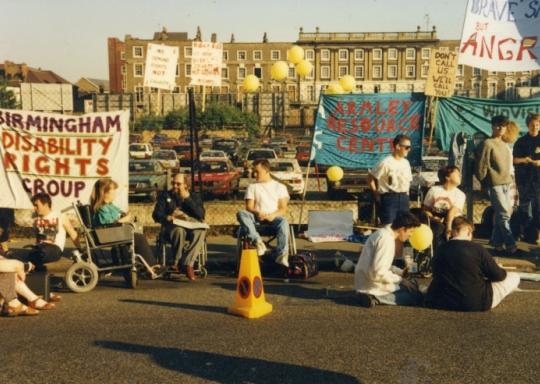Suicide rates record high amongst 15-19 year olds
YoungMinds reported online this week that suicide rates for 15-19 year olds are the highest they have been in 30 years. This comes after their urgent call last month to the government for support as the teenage suicide rate had jumped by over a third.
According to data by the Office for National Statistics (ONS), analysed by Young Minds, suicide rates among young people aged 15-19 in England rose by 35 per cent from 2020 to 2021. In 2020, 147 young people aged 15-19 in England took their own lives. This rose to 198 in 2021. This is the highest number in over 30 years.
NHS data also predicts that 2022 will see the highest ever number of referrals to Child and Adolescent Mental Health Services (CAMHS). Figures to date show the number of under 18s needing NHS treatment is 23 per cent higher than at the same point last year. A total of 241,791 young people were referred to the NHS in the first three months of this year - already half the total figure referred in the whole of last year. Many of these young people are still waiting for treatment and appointments.
Emma Thomas, Chief Executive of YoungMinds, said "These numbers paint a shocking picture of the state of young people's mental health in this country. This cannot go on. Government must get a grip of the situation. Young people are struggling to access the support they desperately need, and the dramatic rise in suicides is truly alarming.
We know that professionals, from the NHS to school classrooms, are doing all they can to support the record numbers of young people struggling with their mental health but without government support, they can only offer a sticking plaster.
This is why we are calling for more resources for the NHS, so young people, particularly those in crisis, can access help quickly, and dedicated mental health support in every school. We want ring-fenced funding for schools so they can better support the thousands of young people who are struggling right now."
Bethany Bale, DR UK Policy and Campaigns Officer, added: "Gen Z have consistently faced unprecedented and historic barriers when trying to access and enjoy their independence as they move into adulthood - whether that be a pandemic disrupting their education and training, several economic crises before they've had an opportunity to work, or eco-anxiety as generations above place the responsibility of the future in their hands. Living through all the changes you experience as a teenager and young adult can be traumatic without any additional external barriers - and we know Disabled young people will face more barriers than their peers. Considering all of these pressures, alongside the chronic under funding of the NHS, the alarming trends we see in the deterioration of young people's mental health is unsurprising and that's unacceptable. It's essential that the government finally prioritise the wellbeing of young people by resourcing the necessary support - because these trends can't continue."




